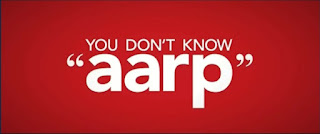If since March 11 we've been "saving" daylight then conceivably we should have a seven-month stockpile from which we could redeem some of that saved-up daylight and not have it be so dark when we leave work tomorrow.
"Daylight Saving Time" my ass; it was Daylight Having Time and we squandered it during summer when there was plenty of daylight already.
(Clearly linguists were not consulted when the policy was named.)
"Daylight Saving Time" my ass; it was Daylight Having Time and we squandered it during summer when there was plenty of daylight already.
(Clearly linguists were not consulted when the policy was named.)


